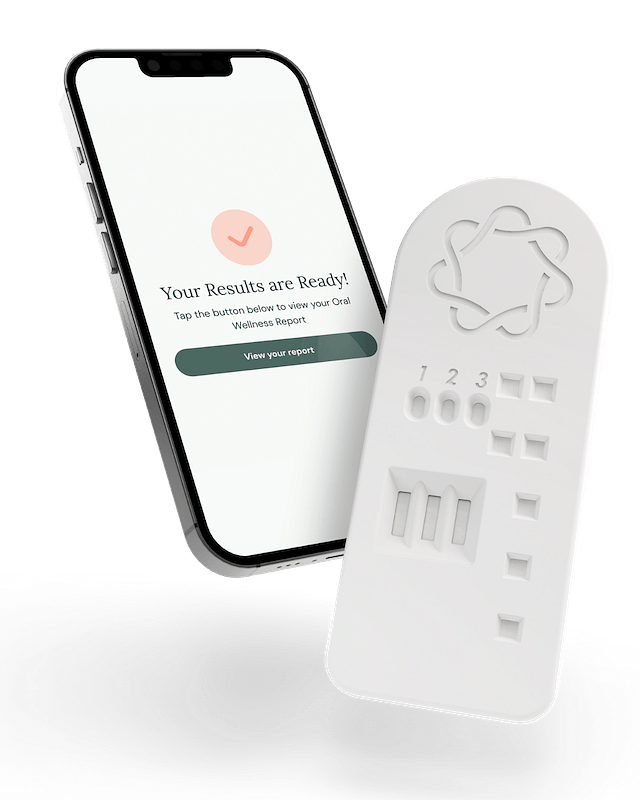Real impact for
your patients
Raise the standard of patient care with
precision testing.
We are currently only selling test kits to licensed providers.

Your oral health ally™

Enhanced care through biomarker insights
Make data-informed decisions about patient care.

Empower and engage patients
Get patients involved in their treatment plans with engaging data reports.

Elevate the patient experience
Offer a unique, concierge-style experience with personalized wellness reports post-appointment.
Founded by forward-thinking dentists and scientists, driven to detect disease earlier and align dentistry with biohacker wellness trends for optimized patient health.



Patient Metrics
Additional context about insights you’ll gain for your patients.

Oral Genome fits seamlessly into your practice’s day-to-day, enhancing patient care without extending appointment times. In just 15 minutes, you can administer the test chairside and leverage your clinical expertise to bill the following dental CDT codes, based on specific assessments and patient risk levels:
Oral Genome aligns with your existing billing practices, enabling precise documentation without disrupting workflow. For insurance coverage details and inquiries, consult the patient’s dental benefits plan directly.
Coding recommendations are based on ADA guidelines. Providers are responsible for ensuring the accuracy of the coding. You can access the ADA Guide to Salivary Testing Here.


Subscribe to our Newsletter